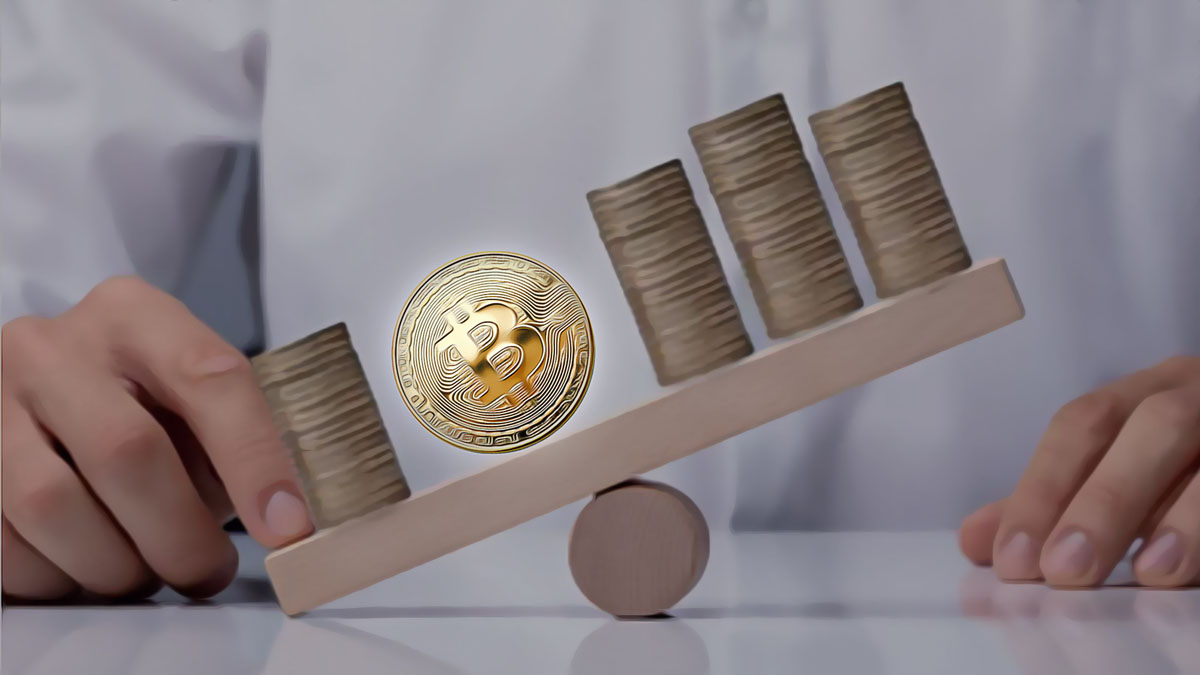Economist Peter Schiff has publicly expressed his skepticism regarding former President Donald Trump’s proposal to establish a Bitcoin reserve if he wins a second term. While the initiative has garnered support from some political figures and industry leaders, Schiff cautions that this approach could negatively impact the U.S. economy.
Could the Bitcoin Reserve Create Economic Risks?
Schiff raised alarms about the promotion of Bitcoin as a significant investment strategy. He explained that if the U.S. were to acquire 1 million Bitcoins, it might lead to even larger purchases. According to Schiff, this initial move could inflate Bitcoin prices dramatically, benefiting early adopters but making the economic landscape precarious.
What Are the Implications of Increased Bitcoin Reserves?
Following a potential price spike, Schiff suggested that many holders might cash in their Bitcoin, leading to the government’s reserves being depleted swiftly. He warned that to maintain price stability, the government might be forced to print more dollars, a tactic he considers unsustainable in the long run.
Key takeaways from Schiff’s critique include:
- The initial Bitcoin purchase could lead to unsustainable price inflation.
- Subsequent selling of Bitcoin might quickly diminish government reserves.
- Printing more dollars for stabilization could exacerbate existing economic issues.
As discussions surrounding Bitcoin reserves continue, Schiff remains steadfast in his support for gold, which he believes offers a more reliable store of value. Meanwhile, Bitcoin’s value has surged to an unprecedented $87,300, igniting widespread debate in both economic and political circles about the viability of such proposals.












